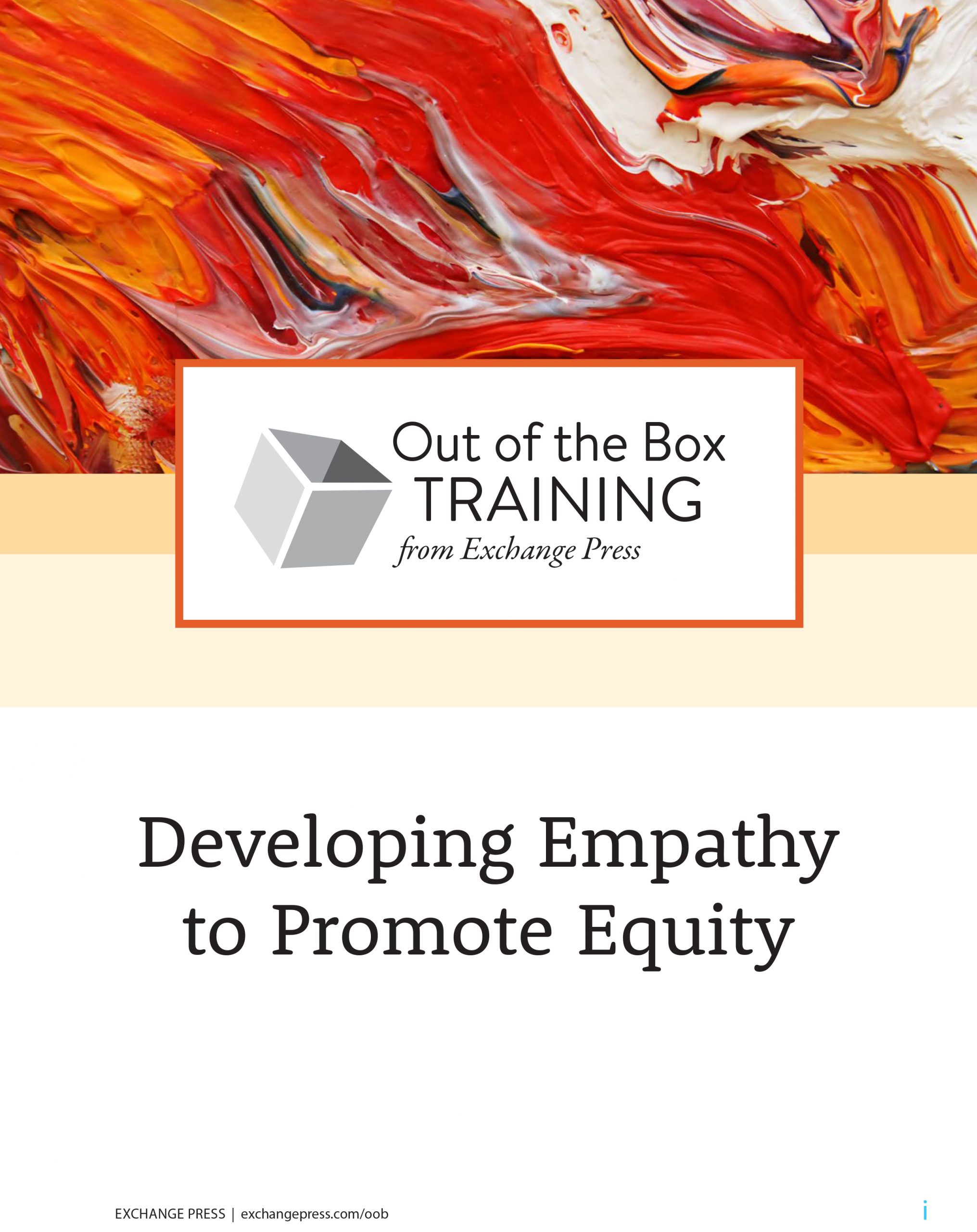ExchangeEveryDay Past Issues
 << Previous Issue
| View Past Issues | | Next Issue >>
<< Previous Issue
| View Past Issues | | Next Issue >> Play’s the Thing
November 1, 2021
It is a happy talent to know how to play.
-Ralph Waldo Emerson
-Ralph Waldo Emerson
“What if one of the answers to reducing inequality and addressing mental health concerns among young children is as simple as providing more opportunities to play?” asked Jackie Mader in an article in The Hechinger Report. She explains, “A growing body of research and several experts are making the case for play to boost the well-being of young children as the pandemic drags on—even as concerns over lost learning time and the pressure to catch kids up grow stronger.
Play is so powerful, according to a recent report by the LEGO Foundation, that it can be used as a possible intervention to close achievement gaps between children ages 3 to 6. The report looked at 26 studies of play from 18 countries...The report found that play enabled children to progress in several domains of learning, including language and literacy, social emotional skills and math.”
In her best-selling book, Really Seeing Children, popular author Deb Curtis expresses her concern that early childhood educators will bow to pressure and stop advocating for play.
“One of my worries about the growing focus on academics and school readiness in programs for young children is it keeps many teachers from seeing children’s innate, lively minds at work.”
The newest Out of the Box Training, “Translating Play-Based Learning for Families,” provides tools to help early educators identify the value of learning through play and make that learning visible for families. Holly Delgado, whose article provides the basis for the Training, reminds us that when families ask their children what they did in early care and education programs, the answer is often, “played.” It’s crucial that ECE practitioners help families see the richness of what “played” really means.
Play is so powerful, according to a recent report by the LEGO Foundation, that it can be used as a possible intervention to close achievement gaps between children ages 3 to 6. The report looked at 26 studies of play from 18 countries...The report found that play enabled children to progress in several domains of learning, including language and literacy, social emotional skills and math.”
In her best-selling book, Really Seeing Children, popular author Deb Curtis expresses her concern that early childhood educators will bow to pressure and stop advocating for play.
“One of my worries about the growing focus on academics and school readiness in programs for young children is it keeps many teachers from seeing children’s innate, lively minds at work.”
The newest Out of the Box Training, “Translating Play-Based Learning for Families,” provides tools to help early educators identify the value of learning through play and make that learning visible for families. Holly Delgado, whose article provides the basis for the Training, reminds us that when families ask their children what they did in early care and education programs, the answer is often, “played.” It’s crucial that ECE practitioners help families see the richness of what “played” really means.
Developing Empathy to Promote Equity |
ExchangeEveryDay
Delivered five days a week containing news, success stories, solutions, trend reports, and much more.
What is ExchangeEveryDay?
ExchangeEveryDay is the official electronic newsletter for Exchange Press. It is delivered five days a week containing news stories, success stories, solutions, trend reports, and much more.



Comments (4)
Displaying All 4 CommentsDimensions
Lincoln, NE, United States
Hi, Liz! I will send you an email in regards to your ExchangeEveryDay.
Linda, thank YOU for continuing to teach others how important play is for children/everyone.
Francis, I appreciate you sharing your wife's experience on this topic. It's definitely different for other cultures.
-Tiffany at Exchange
CCN
Jackson, Michigan, United States
Hi, I am signed up to receive Exchange EveryDay but have not been receiving them. I tried to sign up again but it wouldn't let me saying I'm already signed up. I really enjoy these daily sharing's. Can you please check to see what the problem may be, Thank You!
[email protected]
DC4K - DivorceCare for Kids, dc4k.org and blog.dc4k.org
Navarre, FL - Florida, United States
I applaud Exchange for promoting play in ECC. I absolutely agree with you. THANK YOU!
I'm semi-retired now but every so often I do some training for a local college or for church preschools and I always push play and brain research.
Center for the Study of Biracial Children
Denver, Colorado, United States
While it is critically important to educate families - particularly families of students who often struggle in school - about the tremendous value of play, in my experience it's the school and early childhood program that can have the most positive impact on this issue. My wife used to teach in a predominantly Black elementary school where the Black principal would declare in staff meetings that, "When I visit our ECE program I don't want to see children just playing!" Minority families desperately want their children to succeed, so its imperative that early childhood programs and schools send a very strong message about the value of play.
Post a Comment